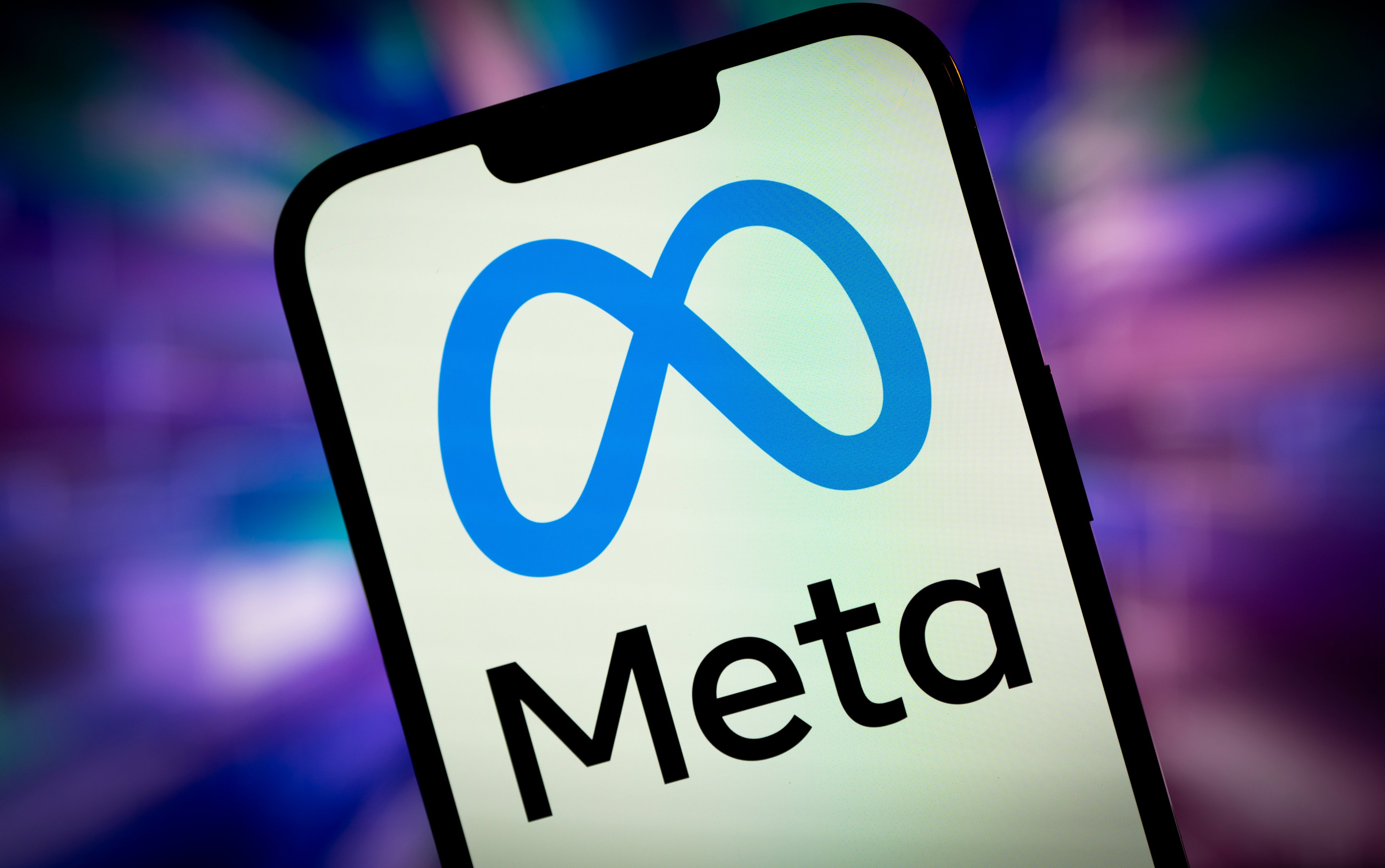Facebook (FB +1.77%) has been pretty successful in acquiring growing social platforms and integrating them into its own vast network. The company's eye-popping acquisition of WhatsApp for a whopping $19 billion portrays Mark Zuckerberg's intentions of gobbling up rising competitors to protect his own castle.
While WhatsApp is growing at a rapid-fire rate and has amassed a user-base of more than 450 million users, the real problem with the acquisition is not entirely the high price tag, but the business model of WhatsApp.
Expensive deal
Facebook's decision to pay such a large amount can be mostly justified as a defensive stance so that one of its bigger rivals were not able get their hands on WhatsApp. It has been reported that Google (GOOG 0.79%) had been interested in WhatsApp earlier, but couldn't cut a deal to acquire it. The revenue of WhatsApp in 2013 was reportedly under $20 million, so it's pretty easy to figure out why Google didn't want to pay an insanely high price.
WhatsApp has been growing rapidly with 70% of its monthly user base using the service every day. The cross mobile communication platform earned a high price tag, because Mark Zuckerberg believes that he and his firm will be able to generate revenue to justify the price tag of $42 per user. In addition, Facebook will be issuing substantial amounts of stock to WhatsApp, which will dilute existing shareholders, and WhatsApp's stockholders will end up owning 8% of Facebook after the deal closes.
WhatsApp will remain an independent entity, just like Instagram, which Facebook bought for $1 billion. Instagram's user base surged past 180 million, and Instagram is an ad-supported model. In fact, recently, Instagram signed a big deal with Omnicom for a reported $100 million, which will help expedite Instagram's revenue generation capabilities.
Business model of WhatsApp
But unlike Instagram, WhatsApp's business model doesn't include ads. In fact, WhatsApp has been against ads ever since its inception. Instead, it offers its users one year of free service, and from the second year on, users pay a small fee of $0.99 annually. This is a much different playbook from Facebook, and substantially diminishes the revenue growth prospects of WhatsApp.
In 2013, Facebook's revenue per user, or ARPU, grew 28% to $6.81 and WhatsApp's revenue generation capabilities are likely to fall short to that number. And this lack of advertising revenue from WhatsApp will make it very difficult for Facebook to recoup its sizable investment of $19 billion. However, things might change, as WhatsApp has a large base of international users. It also stated, after the deal announcement, that it would start voice calls on its messaging service in mid-2014.
Minimal pricing power
WhatsApp does operate in an intense competitive environment as it competes against numerous similar mobile messaging apps like Snapchat, Blackberry's BBM, Apple's FaceTime, Microsoft's Skype, and most notably Viber. Viber was recently bought by Rakuten at a valuation of $3 per user for its 300 million users. Chinese e-commerce firm, Alibaba made a $215 million investment in mobile messaging service, Tango, which has 200 million registered users.
Amid so many mobile messaging services, many of whom are cross-platform, WhatsApp might not be able to get enough paying customers into its fold, which makes it's rather difficult to justify such a large price-tag. So Facebook will have to introduce ads to WhatsApp to make the acquisition accretive to its earnings.
The takeaway
WhatsApp's broad overseas exposure will help Facebook enter newer markets and is a great addition to Facebook's portfolio of social assets. But it's tough to justify the large purchase price as it will be hard for WhatsApp to add to Facebooks bottom line. And rising competition; from the likes of Skype, BBM, Viber, Snapchat, and others, will make it very difficult for WhatsApp to generate substantial amounts of revenue.










